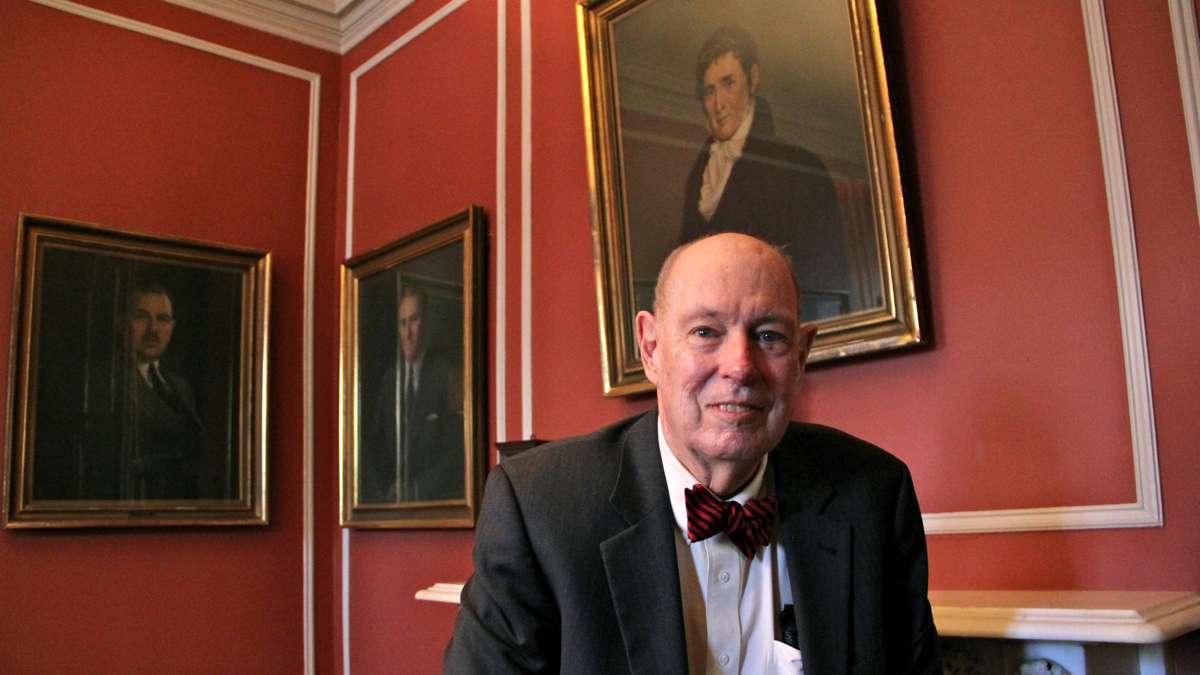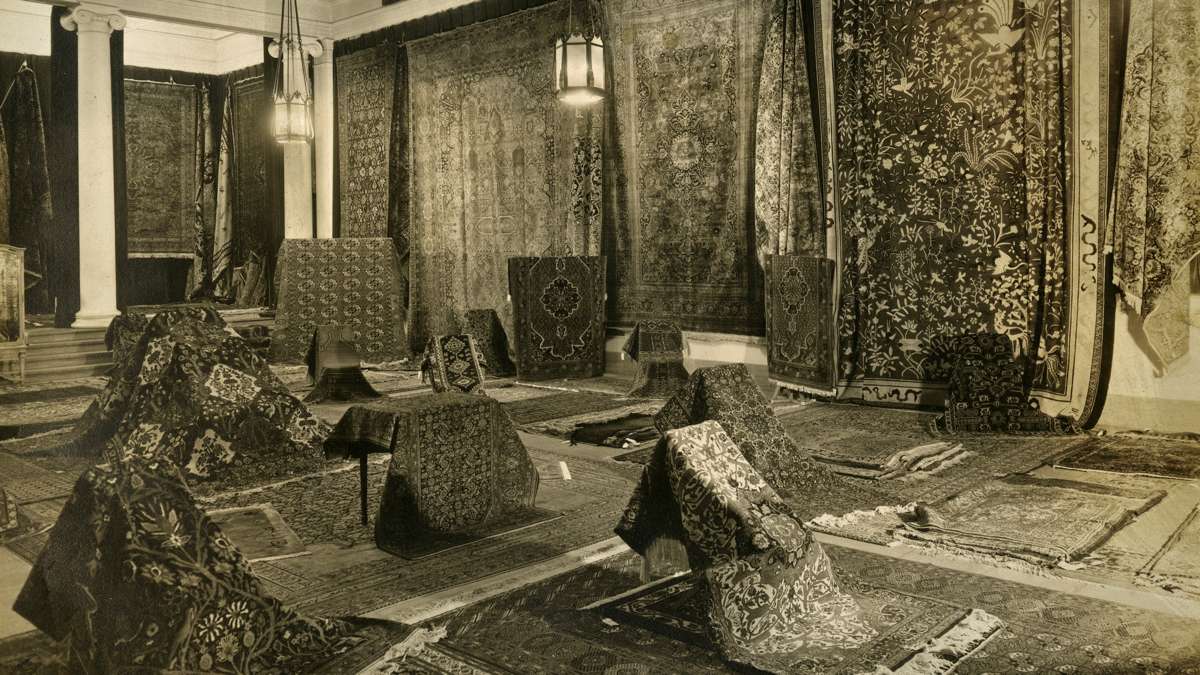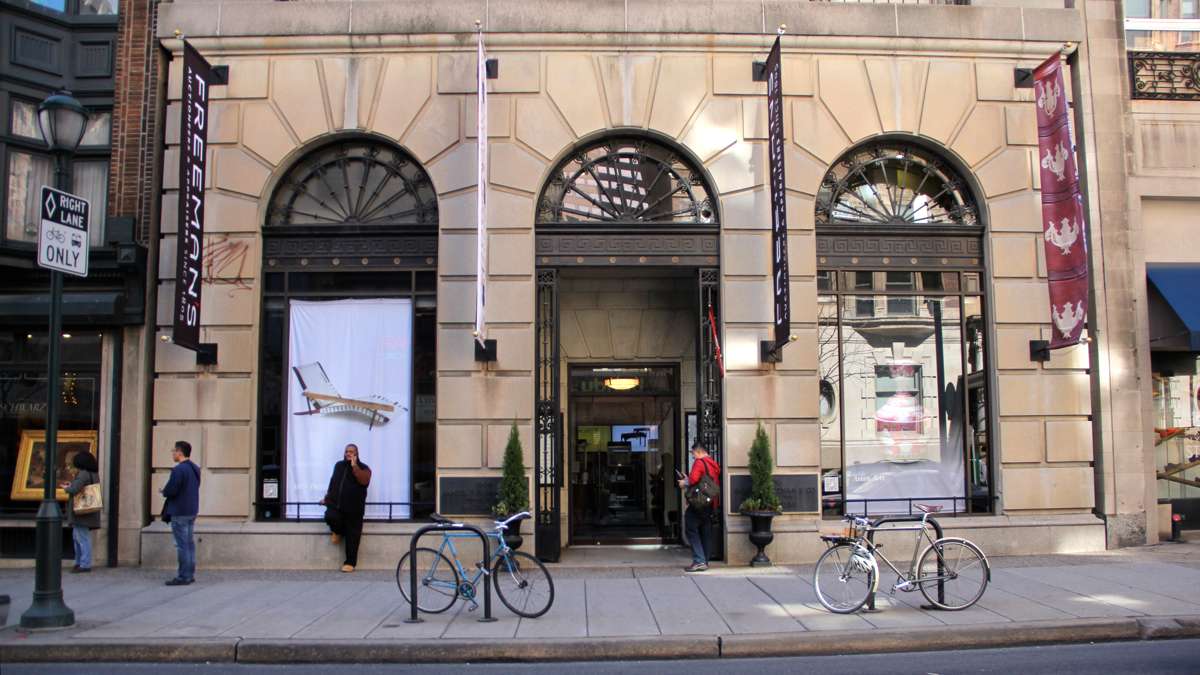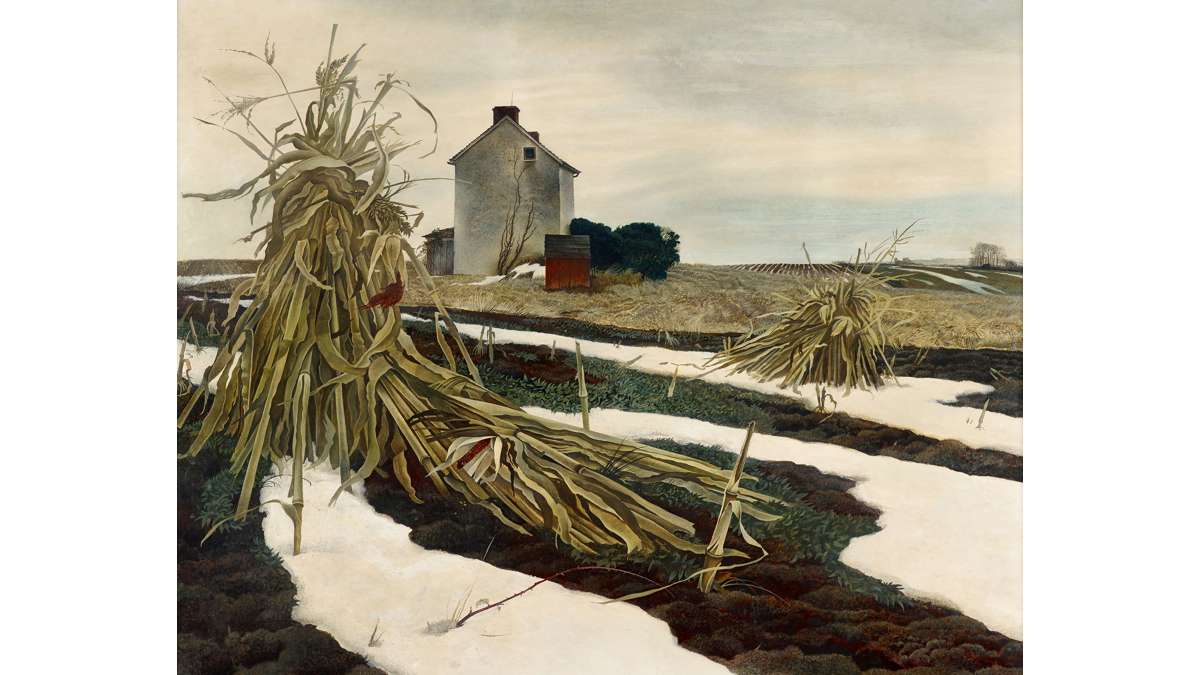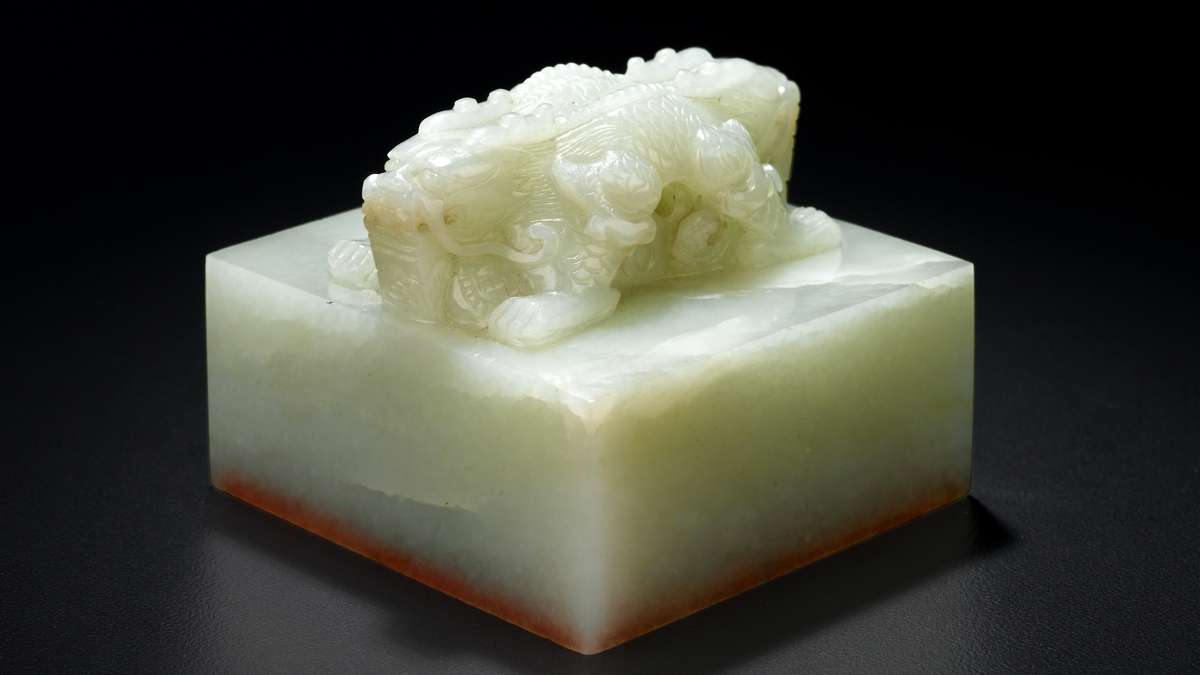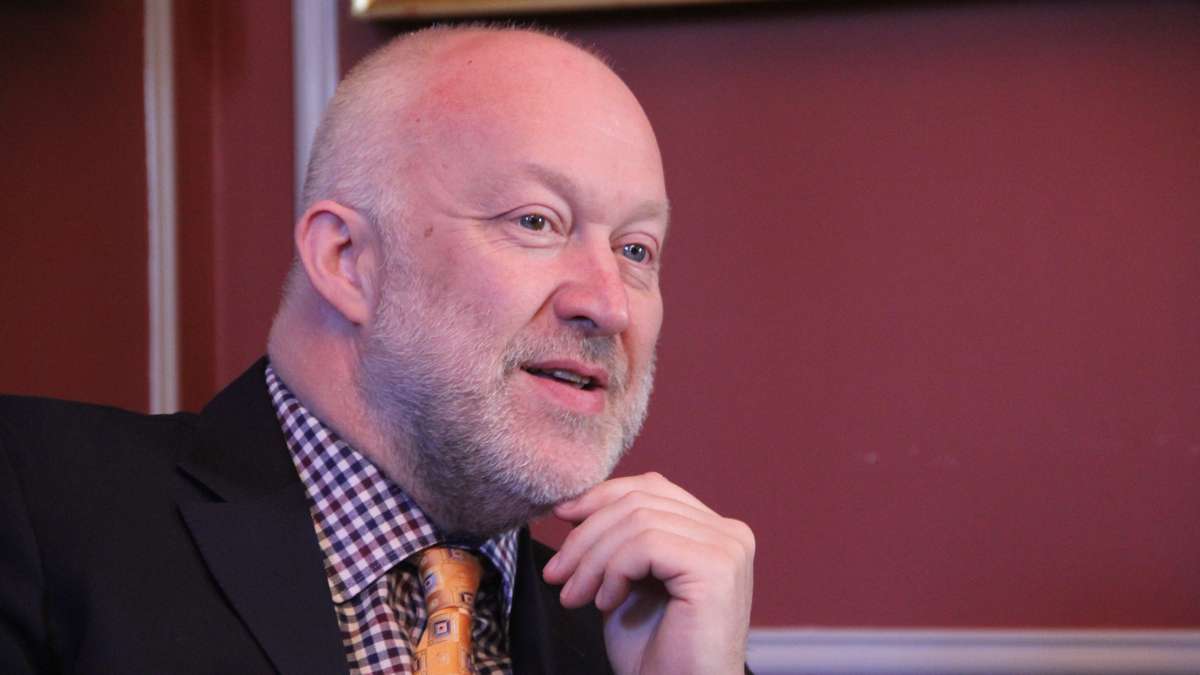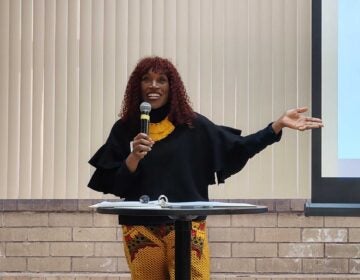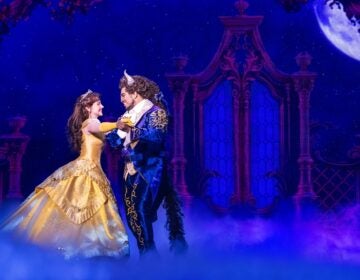Freeman family bidding adieu as auction house changes hands after 211 years
ListenAmerican’s oldest auction house, Freeman’s in Philadelphia, has been sold. The business had been family-owned since it launched in 1805.
A conference room in the Freeman’s building on Chestnut Street is a testament to that longevity. It’s lined with 11 portraits of Freeman men, representing the six generations who have run the auction house for more than two centuries.
The current, living patriarch is Samuel T. Freeman II, who goes by Beau. “My father was reading ‘Beau Geste,'” explained Freeman. “He was enamored of the character Beau.”
Freeman’s used to sell anything and everything, divided by the designations “inside” and “outside” things.
“We sold real estate, my grandfather — that guy — was in charge of that,” said Freeman, pointing to a family portrait on the wall. “This guy, Uncle Albert, sold the Inside.”
During its two-century history, Freeman’s sold four World War I U.S. Navy battleships as well as the entire holdings of Nitro, W. Va., a town developed by the U.S. War Department explicitly to manufacture gunpowder during World War I.
For most of the 20th century, Freeman’s has focused on “inside,” meaning art, antiques, and furniture. Recently, it sold an antique Chinese jade seal for $3.5 million. It has had other seven-figure sales with works by Lucio Fontana and Andrew Wyeth.
Developer and art collector Brook Lenfest, the son of philanthropist H. F. “Gerry” Lenfest, has been a longtime Freeman’s client. He has worked with the auction house for 15 years, buying and selling works in his collection of French Impressionist paintings. More recently, he’s become interested in work by American artists.
“What I’ve seen is they have expanded into other categories, where the quality of the pieces they are getting has gone up,” said Lenfest.
Since 1999, Freeman’s has been managed in large part by vice chairman Alasdair Nichol, who has been instrumental in directing the house toward a higher-end art market.
When he arrived, the house had been selling about 50,000 lots a year, making $5.5 million at an average of $110 per lot.
“It was all about volume,” said Nichol. “The turning point for me was a sale we had in the 2000s, a fine art sale with 160 lots or so. It came pretty close to doing what the turnover was for the year prior.”
Nichols is now a co-owner of Freeman’s. He and a handful of partners — including Paul Roberts of the Scottish auction house Lyon & Turnbull — have bought the business from that last Freeman owner.
“Quite frankly, we’re in the board room right now and every time I come in here I have 11 sets of eyes — the Freeman family — looking down on us,” said Nichol. “We feel the weight of auctioneering history on our shoulders.”
With a partnership agreement with Lyon & Turnbull, the new owners plan to push the auction house into the international art market.
Beau Freeman will stay on at Freeman’s, as will his son, Samuel T. Freeman III. The new owners are poised to keep Freeman’s a viable auction house well into the future, said Beau Freeman.
“I was looking for solutions to becoming old. I came up with none. Alisdair and Paul saved me,” he said. “First, I was sad to see it go. But it’s the best of all possible solutions.”
WHYY is your source for fact-based, in-depth journalism and information. As a nonprofit organization, we rely on financial support from readers like you. Please give today.



